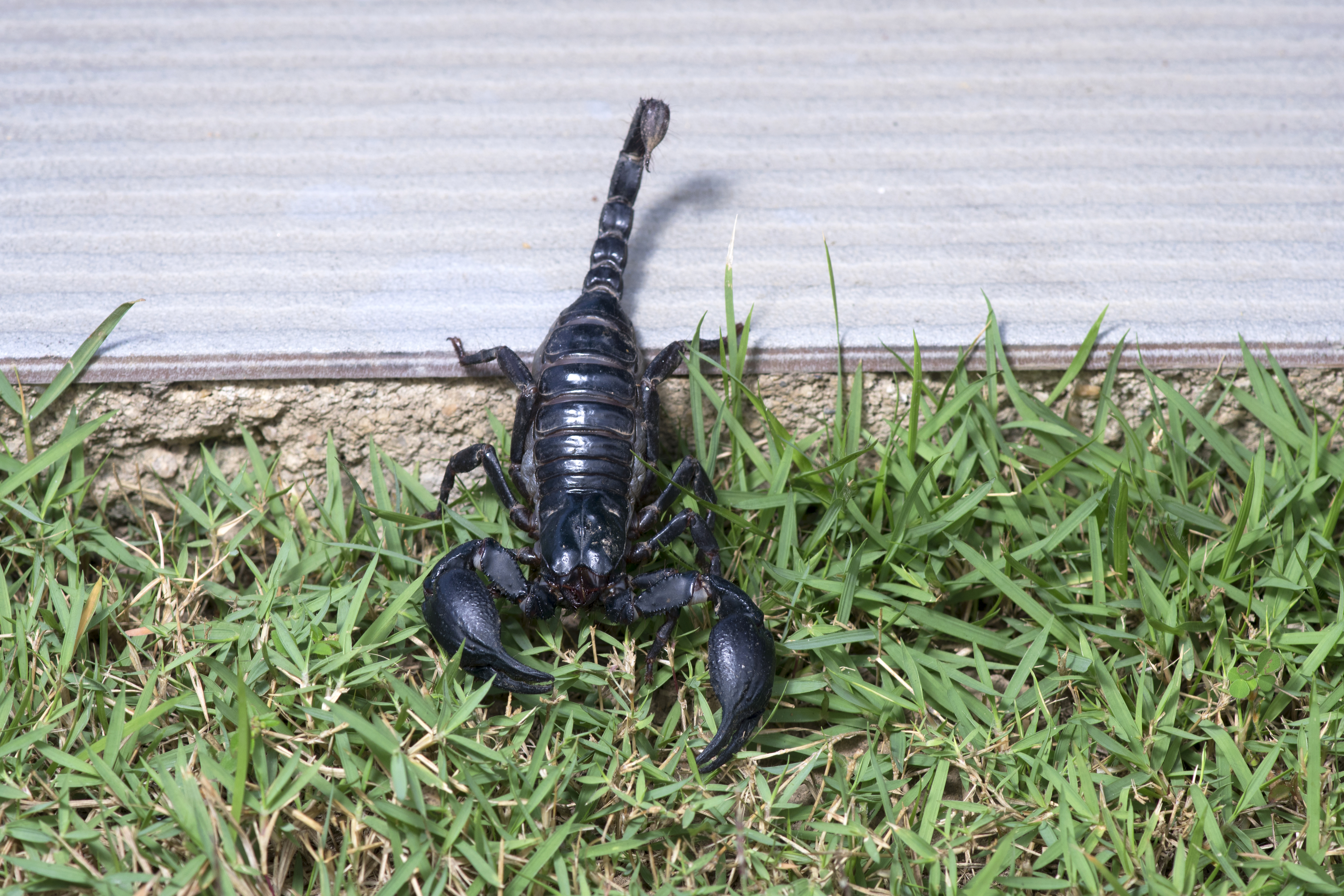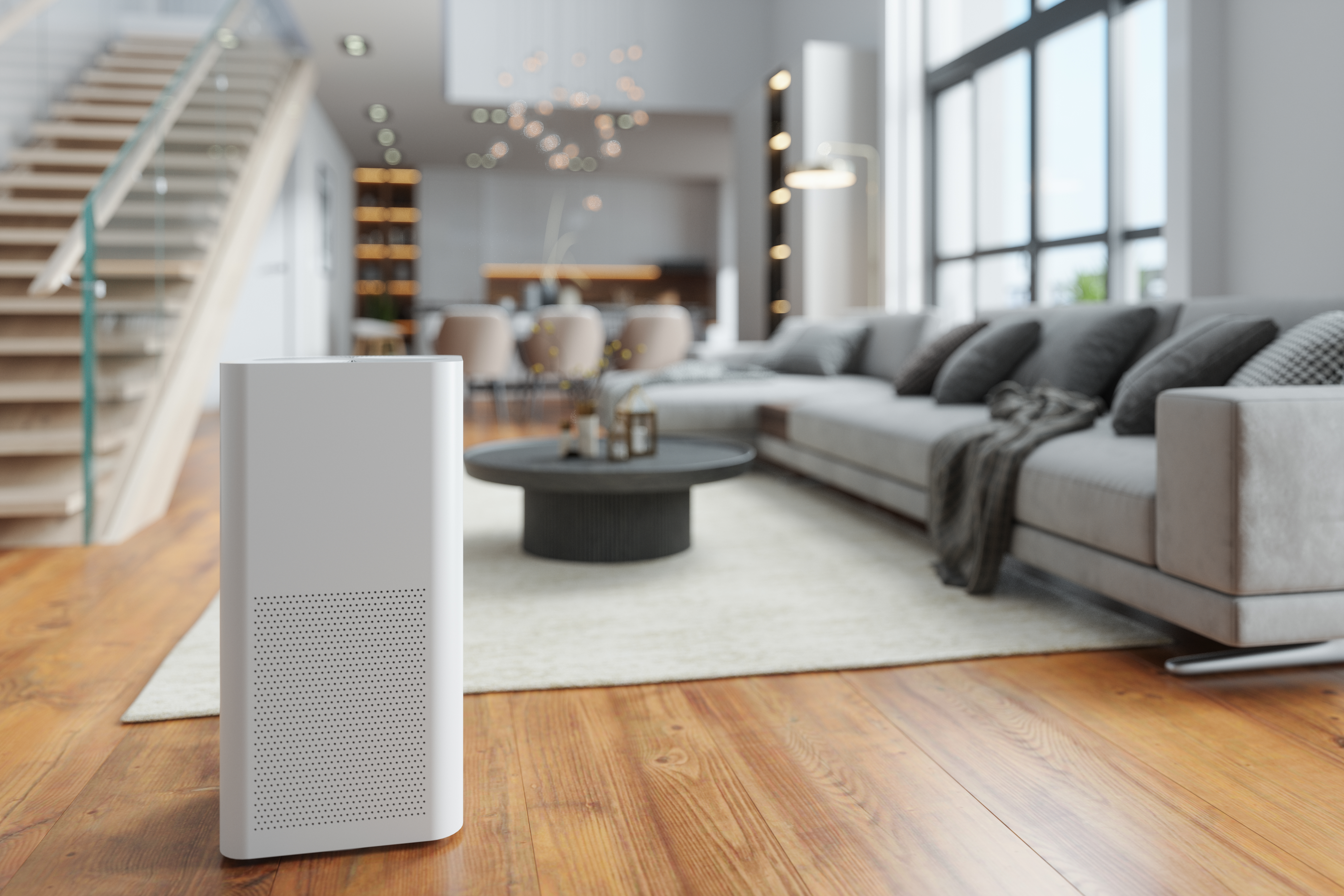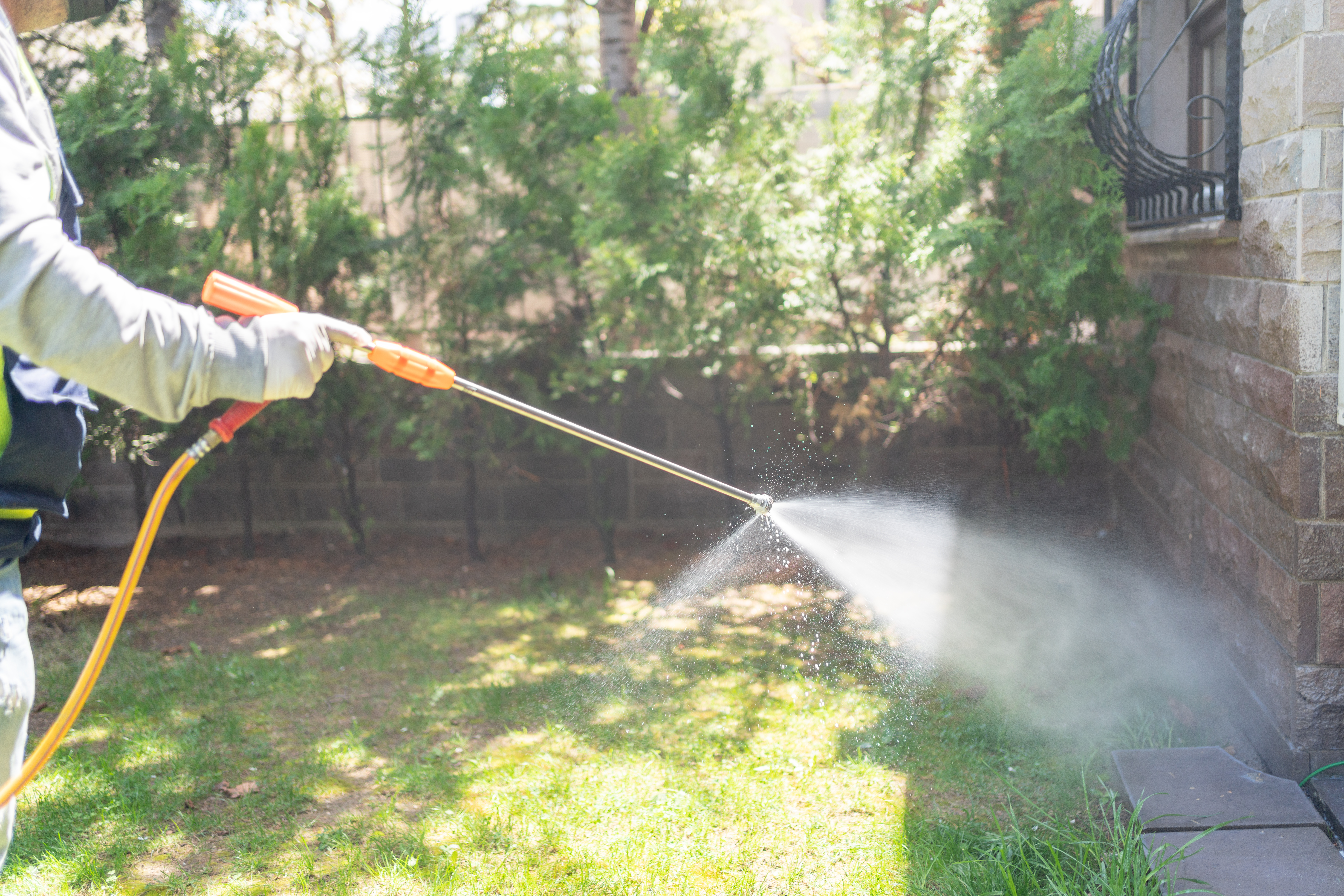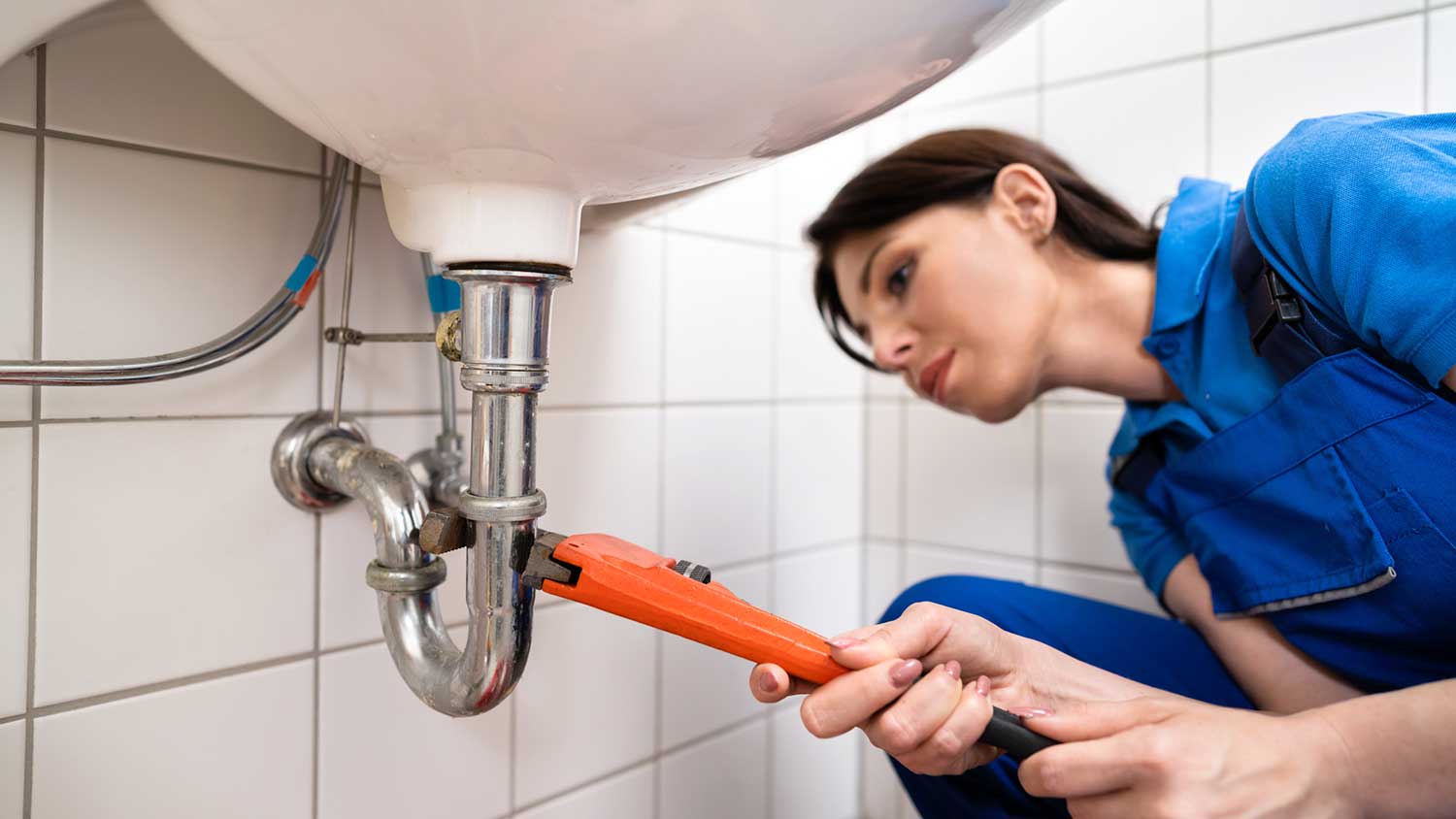
If you discover a wasp nest near your home, you’ll want to remove it ASAP. Learn wasp nest removal cost factors in this guide.
Sting back against the scorpions near your home


Scorpions are dangerous and deadly in some cases, making the $1,500 to $2,500 scorpion removal cost well worth it.
Painful stings from scorpions can result in pain and potentially serious reactions, which make this a dangerous project to DIY.
A pro will also be able to assess your home and help prevent any future scorpion infestations.
Hiring a local exterminator to rid your home of scorpions is the safest and most effective way to make sure they’re gone.
It’s understandable to wonder how to keep scorpions away from your house. Beyond being the pinnacle of creepiness, they’re also venomous, and their painful stings have the potential to cause serious reactions, especially for people who are allergic.
While some regions are more prone to scorpion sightings than others, these pests can sneak into homes through small cracks and gaps in search of water, shelter, or food. The good news is, you don’t need to live with them. With a few practical DIY methods, you can keep scorpions away from your home and reclaim your peace of mind.
Scorpions are most commonly found in warm, dry desert climates, but under the right conditions, they can pop up in all kinds of environments These nocturnal arachnids are drawn to dark, damp spaces where they can hide during the day and hunt at night.
You’re most likely to spot them in basements, garages, crawl spaces, and bathrooms, but they can also hide in places like shoes, under furniture, and inside wall voids.
The cost of pest fumigation service for scorpions averages between $1,500 and $2,500. If you’re allergic to stings, have a severe infestation, suspect the potentially deadly Arizona bark scorpion, or just want the scorpions gone ASAP, then it’s worth it to hire a professional exterminator.
Scorpions can be stealthy, so you might not see them right away. Keep an eye out for these signs of scorpions in or near your home:
Actual sightings: You may see a live scorpion scuttling across the floor, especially at night.
Scorpion droppings: These look like small piles of sand or pepper-like granules.
Exoskeletons: Scorpions molt as they grow, leaving behind dry shell casings.
Blacklight evidence: Scorpions glow under UV light, so a blacklight can help you spot them in dark corners.

If you’re wondering how to get rid of scorpions, these are the best ways to keep them away from your home.
Scorpions can fit through openings as narrow as a credit card, so inspect your home for any gaps, cracks, or holes, especially around windows, doors, vents, and your foundation. Use caulk, weatherstripping, or expandable foam to seal openings, paying close attention to gaps under exterior doors and garage doors.
To keep scorpions away from your home, fix leaky faucets, pipes, and appliances. Use dehumidifiers in damp spaces like basements or laundry rooms, and make sure bathrooms are well-ventilated.
Scorpions love finding places to hide. Reduce clutter in closets, storage areas, and under furniture to limit their hiding spots. Frequent cleaning of light-traffic areas will ensure scorpions don’t go unnoticed.
Keeping your yard tidy is another effective way to keep scorpions away from your home. Remove woodpiles, rocks, debris, and loose mulch near your home. Trim back bushes, especially those touching your house or siding.
Since scorpions feed on bugs, eliminating their food source is key. Use traps, bait, or insecticides if you see signs of a bug infestation in or near your home. Pay special attention to ants, crickets, roaches, and other small pests, as these are among the scorpion’s favorite things to eat.
The best scorpion repellents are essential oils like lavender, cedarwood, peppermint, and cinnamon. Mix a few drops with water in a spray bottle and apply it around doors, windows, baseboards, and other entry points to create a natural barrier. Note that many essential oils are toxic to pets, so be sure to keep them away from your furry family members.
Sprinkle food-grade diatomaceous earth around your home’s perimeter, focusing on entry points like doors, windows, vents, and foundation cracks. This natural, powdery substance dehydrates and kills scorpions (and other insects) when they come into contact with it.
Reapply after rain or heavy sweeping, and use it indoors in dry, undisturbed areas like baseboards, behind appliances, or in closets for added protection.

Keep pesky scorpions away by following these guidelines:
Keep exterior lights off at night: Outdoor lighting attracts bugs, which in turn attract scorpions.
Install yellow bug lights: These lights are less attractive to insects, which helps reduce food sources for scorpions.
Place sticky traps: Set sticky traps in corners, behind furniture, and near doors to monitor scorpion activity and trap wandering pests.
Inspect shoes and bedding: Especially if you live in a high-risk area, always perform a scorpion inspection before slipping into your bed or shoes.
Get regular inspections: Budget for the cost of regular pest inspections to ensure scorpions (and other pests) aren’t moving in.
Hire a professional exterminator: Invest in the cost of pest control services to control scorpions and their prey around your home.
DIY scorpion control can be highly effective, especially for mild to moderate issues. However, if you're dealing with a serious infestation, hiring a local exterminator is the safest and most thorough option.
Licensed pest control professionals have access to stronger, commercial-grade treatments and can identify hidden entry points or nests that may not be apparent to the untrained eye. Plus, many pros offer follow-up visits or ongoing maintenance plans for long-term peace of mind.
From average costs to expert advice, get all the answers you need to get your job done.

If you discover a wasp nest near your home, you’ll want to remove it ASAP. Learn wasp nest removal cost factors in this guide.

Whether you have bugs, bats, or rodents invading your home, you’ll want to contact an exterminator quickly. Find out how much pest control costs in Columbus, OH.

It’s important to know bed bug treatment costs if you have an infestation. Our guide covers different treatment methods and cost factors to eliminate these pests.

Mosquitoes can ruin any outdoor summer soirée. Prevent bites, itchiness, and annoyance by learning how to get rid of mosquitoes in your yard for good.

Wasps are considered scary pests. But how do you tell a dangerous wasp from a helpful one? Here’s how to identify common types of wasps.

Water bugs are pesky creatures that may enter your home in search of water and food. Learn how to prevent water bugs from entering your home.